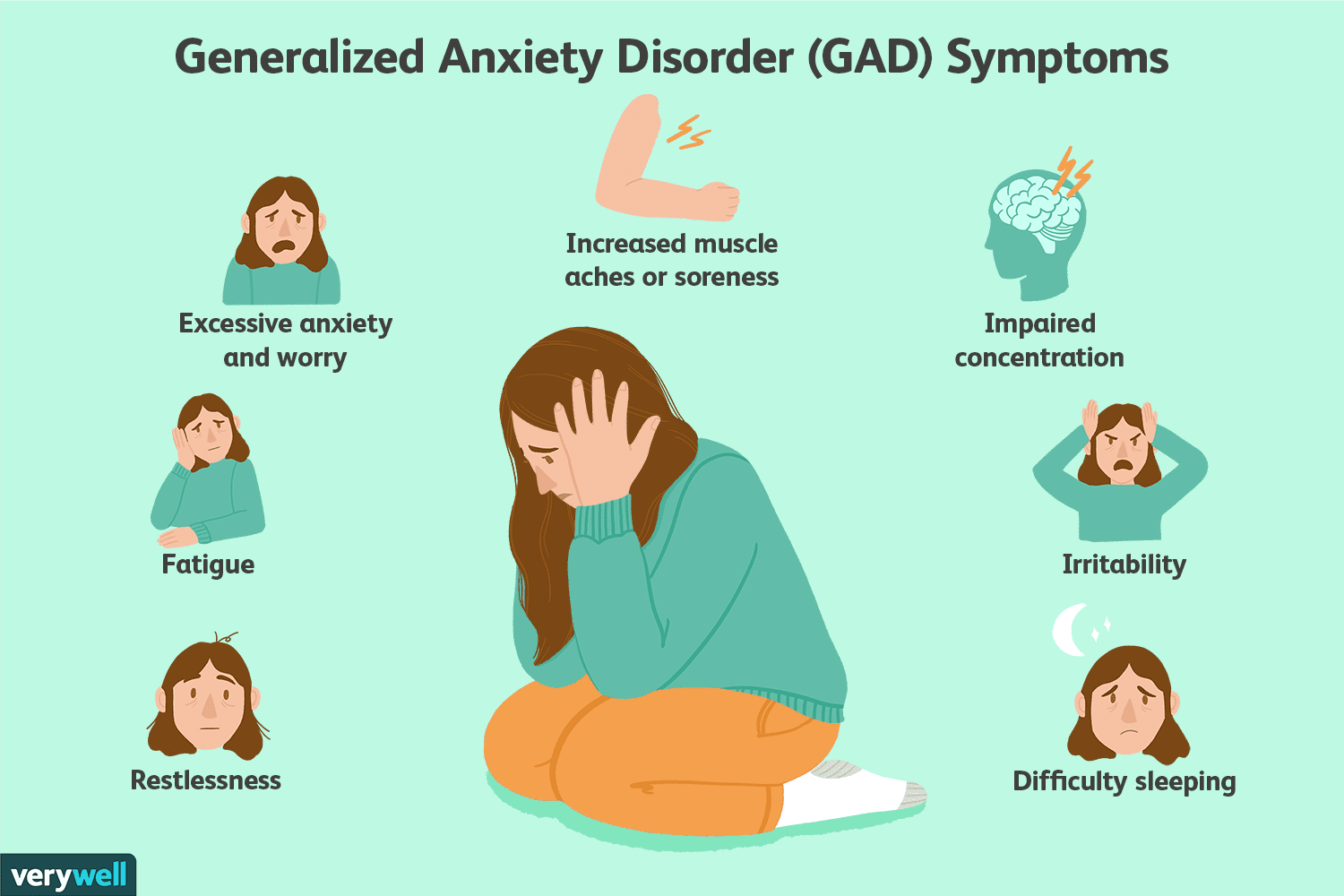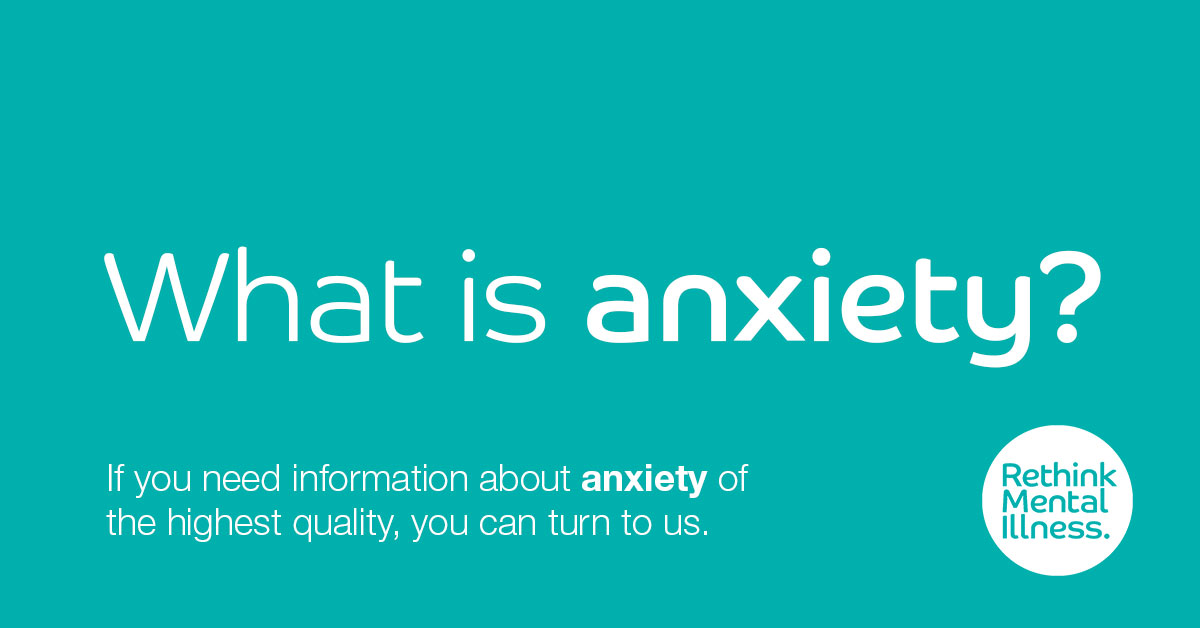
vIn my thirty-plus years of practise, I have treated patients from all walks of life with an exhaustive list of symptoms. Although most conditions have multiple causes, tension is the most prevalent cause I’ve observed. Migraines, for instance, can be caused by dietary sensitivities, hormonal imbalances, cranial structural misalignments, and relationship discord, to name a few, but stress is invariably a component of the clinical picture. There is nothing novel about the ubiquitous effects of stress on our minds, bodies, and spirits. In the 1920s, Hungarian endocrinologist Hans Selye characterised what he termed the “General Adaptation Syndrome,” or the body’s response to demands. He described how stress induces hormonal autonomic responses that, over time, can contribute to hypertension, atherosclerosis, arthritis, kidney disease, and allergies. The concept that there is a link between stress and physical illness was revolutionary and controversial at the time.  Early on in my career, I observed evidence of this connection. In those days, I only treated back pain, neck pain, and migraines, and when I provided a patient with a comprehensive spinal adjustment and employed a physical therapy modality, I assisted in relieving their tension and initiated physical relief. Since then, tension has exponentially increased. However, why? People experienced financial duress in the 1980s, just as they do today. Since the beginning of time, people have endured relationship tension. After September 11, however, I observed a dramatic increase in tension that has only appeared to grow more intense and pervasive over time. As I improved as a practitioner, I also began to attract more difficult patients, i.e., those with more complex symptoms and disorders.
Early on in my career, I observed evidence of this connection. In those days, I only treated back pain, neck pain, and migraines, and when I provided a patient with a comprehensive spinal adjustment and employed a physical therapy modality, I assisted in relieving their tension and initiated physical relief. Since then, tension has exponentially increased. However, why? People experienced financial duress in the 1980s, just as they do today. Since the beginning of time, people have endured relationship tension. After September 11, however, I observed a dramatic increase in tension that has only appeared to grow more intense and pervasive over time. As I improved as a practitioner, I also began to attract more difficult patients, i.e., those with more complex symptoms and disorders.  I learned how to make emotional alterations to counteract the underlying triggers that keep tension from dissipating and the body from releasing it. Then I learned how to eliminate chronic tension. Cortisol from the adrenal glands of people with chronic stress is elevated not only in “fight or flight” situations, but also continuously, meaning it never relaxes. This results in weight gain, poor sleep, anxiety, and chronic agitation. In addition, it contributes to all the disorders I encounter, including depression, diabetes, autoimmune disease, fatigue, fibromyalgia, Irritable Bowel Syndrome (IBS), chronic pain, acid reflux, and vertigo, to name a few.
I learned how to make emotional alterations to counteract the underlying triggers that keep tension from dissipating and the body from releasing it. Then I learned how to eliminate chronic tension. Cortisol from the adrenal glands of people with chronic stress is elevated not only in “fight or flight” situations, but also continuously, meaning it never relaxes. This results in weight gain, poor sleep, anxiety, and chronic agitation. In addition, it contributes to all the disorders I encounter, including depression, diabetes, autoimmune disease, fatigue, fibromyalgia, Irritable Bowel Syndrome (IBS), chronic pain, acid reflux, and vertigo, to name a few.
This response to stress is not novel, so why are more and more people experiencing these ailments? What has truly changed is the speed of society and the polarisation of attitudes. When we were children, we would occasionally hear about a calamity in our city or municipality. Through the twenty-four-hour news cycle and social media, we are now spoon-fed global distress and tragedies minute by minute. I could elaborate at length, but you already know this. Anxiety has become a staple in the American diet, and nearly everyone today suffers from tension and anxiety to some degree.
According to the commercial I will listen, one in four Americans experience mental health issues! According to a national research conducted in 2012, one in twenty adolescents suffers from anxiety or melancholy. One-third of our children suffer from conditions such as ADHD, asthma, and allergies. Autism prevalence has increased from one in 10,000 in the 1960s to one in sixty. The average American child receives fifty vaccinations by age six, so why are they so sick? They are likely internalising the negative energy of a world over which they have little control. In turn, their maladies influence the mental and physical health of their parents.  Prescriptions for medications that suppress symptoms (but do not address their underlying cause(s)) have increased exponentially and profoundly, and opioids have become an epidemic, murdering more individuals than our current conflicts. It’s not just the United States, either; a recent study from Ontario indicates that in 2015, one out of every six fatalities of individuals aged 25 to 34 was related to opioids. Although we profess to recognise that chronic stress is detrimental and must be reduced, we tend to underestimate its effects. We may occasionally attempt yoga or other relaxation techniques, but at the end of the day, we continue to tolerate anxiety as a part of life. We examine brain scans, MRIs, and blood tests to identify a tumour or other pathology, but we frequently neglect chronic stress as a potential cause of unexplained symptoms. The medical tests can reveal changes in the brain and heart, but we cannot determine the cause of these alterations.
Prescriptions for medications that suppress symptoms (but do not address their underlying cause(s)) have increased exponentially and profoundly, and opioids have become an epidemic, murdering more individuals than our current conflicts. It’s not just the United States, either; a recent study from Ontario indicates that in 2015, one out of every six fatalities of individuals aged 25 to 34 was related to opioids. Although we profess to recognise that chronic stress is detrimental and must be reduced, we tend to underestimate its effects. We may occasionally attempt yoga or other relaxation techniques, but at the end of the day, we continue to tolerate anxiety as a part of life. We examine brain scans, MRIs, and blood tests to identify a tumour or other pathology, but we frequently neglect chronic stress as a potential cause of unexplained symptoms. The medical tests can reveal changes in the brain and heart, but we cannot determine the cause of these alterations.  Epigenetics, the study of the effect of environmental and other factors on our genomes, can explain why we manifest illness despite the immutability of DNA. For instance, offspring of Holocaust survivors may develop cancer despite the absence of a family history of the disease. Prior to the birth of their children, the parents’ exposure to stress and trauma in a concentration camp altered their DNA and “turned on” the cancer gene. Another factor is the food we consume, which has become increasingly artificial, processed, and high in sugar, as well as genetically modified and containing more pesticides, herbicides, and insecticides. Such chemicals can trigger symptoms such as gastrointestinal distress; a number of factors can result in epigenetic stress that is transmitted to future generations. The good news is that, just as these genes can be activated, they can also be deactivated. I employ EMDR (eye movement desensitisation and reprocessing) and NAET (Nambudripad’s allergy elimination technique) in this instance.
Epigenetics, the study of the effect of environmental and other factors on our genomes, can explain why we manifest illness despite the immutability of DNA. For instance, offspring of Holocaust survivors may develop cancer despite the absence of a family history of the disease. Prior to the birth of their children, the parents’ exposure to stress and trauma in a concentration camp altered their DNA and “turned on” the cancer gene. Another factor is the food we consume, which has become increasingly artificial, processed, and high in sugar, as well as genetically modified and containing more pesticides, herbicides, and insecticides. Such chemicals can trigger symptoms such as gastrointestinal distress; a number of factors can result in epigenetic stress that is transmitted to future generations. The good news is that, just as these genes can be activated, they can also be deactivated. I employ EMDR (eye movement desensitisation and reprocessing) and NAET (Nambudripad’s allergy elimination technique) in this instance.  First, I assess the patient’s arm muscle’s response to duress. If it diminishes, I place stress vials (cortisol) in their hands and perform a two-minute EMDR procedure in slow motion. A patient’s twitching pupils indicate that tension is affecting their nervous system and mental processes. I then retest the patient’s strength to ensure that there is no stress-induced muscle weakness. Typically, it takes twenty-four hours for the patient’s body to fully process the medication and for the nervous system to integrate the medication.
First, I assess the patient’s arm muscle’s response to duress. If it diminishes, I place stress vials (cortisol) in their hands and perform a two-minute EMDR procedure in slow motion. A patient’s twitching pupils indicate that tension is affecting their nervous system and mental processes. I then retest the patient’s strength to ensure that there is no stress-induced muscle weakness. Typically, it takes twenty-four hours for the patient’s body to fully process the medication and for the nervous system to integrate the medication.
As a result, the patient will begin to feel more at ease in ordinary situations, and a multitude of symptoms will begin to recover. Stress may not be the cause of the approximately 7000 rare diseases currently known, but having a rare disease is stressful. Any disease causes stress; therefore, it is advantageous to treat stress without medication. However, there are natural remedies that can help (dark chocolate (70% cacao) reduces tension and inflammation, according to scientific research).
Understanding why some individuals do not respond to treatments necessitated a more in-depth examination of our ever-changing world. Throughout the process, I realised that this is not a mental issue, but rather a spiritual issue. Since I hold the psyche to be sacred, I avoided therapeutic intervention for a long time. Now, however, it has evolved naturally, and I use a compassionate approach to relieve soul-affecting tension from a patient. Patients appear to be responding well, with the only adverse effects being reduced anxiety, enhanced relaxation, and a sense of happiness. That is the best and most delicate procedure possible!
You May Also Like: Five Widely Used Types of eLearning Content

Leave a Reply